Scientists confirm dramatic melting of Greenland ice sheet
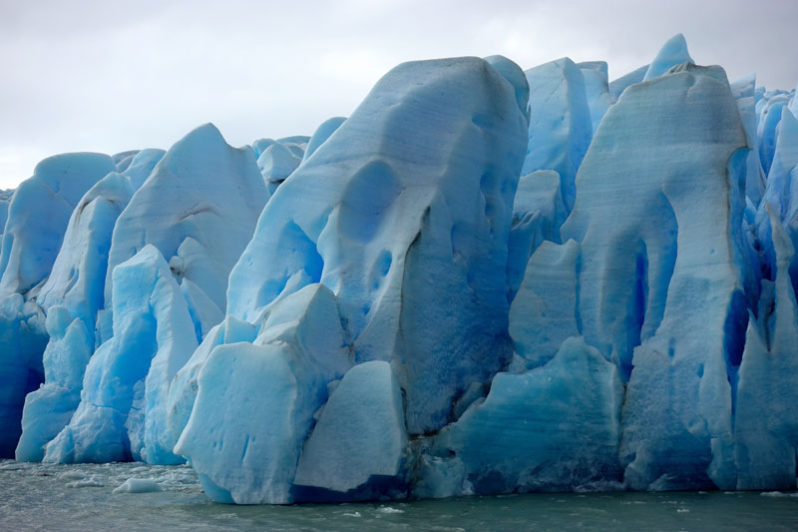
There was a dramatic melting of Greenland’s ice sheet in the summer of 2019, researchers have confirmed, in a study that reveals the loss was largely due to a persistent zone of high pressure over the region.
A rapidly changing Arctic
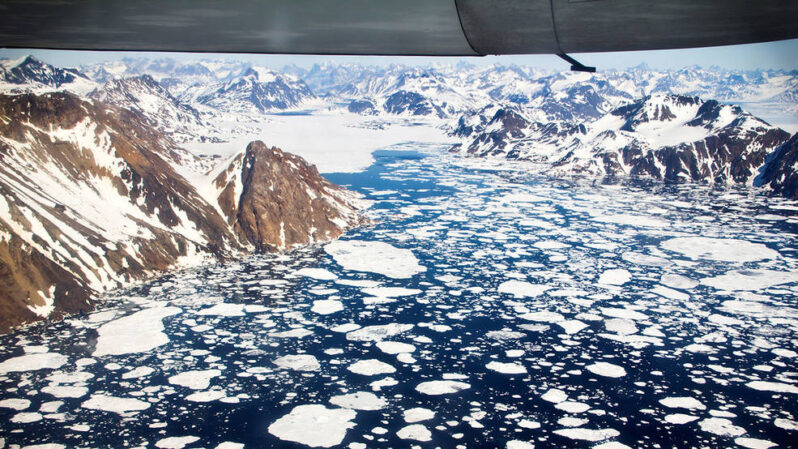
A new study found that freshwater runoff from rivers and continental shelf sediments are bringing significant quantities of carbon and trace elements into parts of the Arctic Ocean via the Transpolar Drift — a major surface current that moves water from Siberia across the North Pole to the North Atlantic Ocean.
Greenland, Antarctica Melting Six Times Faster Than in the 1990s
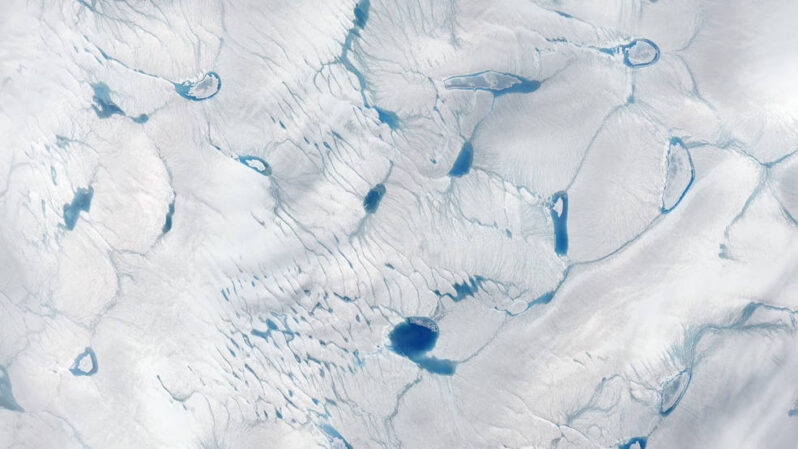
If the current melting trend continues, the regions will be on track to match the “worst-case” scenario of the Intergovernmental Panel on Climate Change (IPCC) of an extra 6.7 inches (17 centimeters) of sea level rise by 2100.
Indigenous knowledge could reveal ways to weather climate change on islands
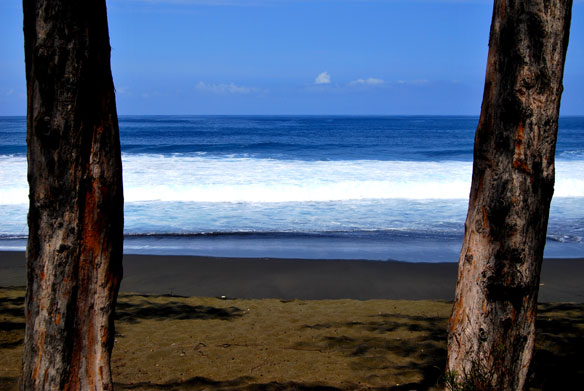
Some islands have such low elevation, that mere inches of sea-level rise will flood them, but higher, larger islands will also be affected by changes in climate and an understanding of ancient practices in times of climate change might help populations survive, according to researchers.
Mangrove forests protect coastlines. ‘Synthetic mangroves’ could do the same for cities.
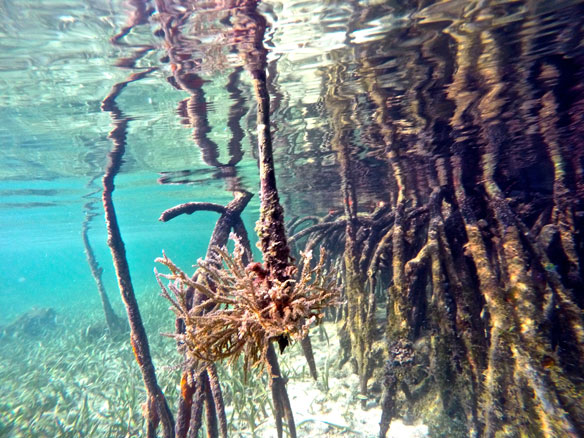
To better understand exactly how mangroves can grow in the ocean yet pump freshwater up to their leaves, engineers constructed what they’re dubbing “synthetic mangroves.” The idea for using their wannabe trees: incorporating them into the design of cities to make buildings more resilient in the face of storm surges.
Building sunken breakwaters off SC coast to halt beach erosion has unclear future
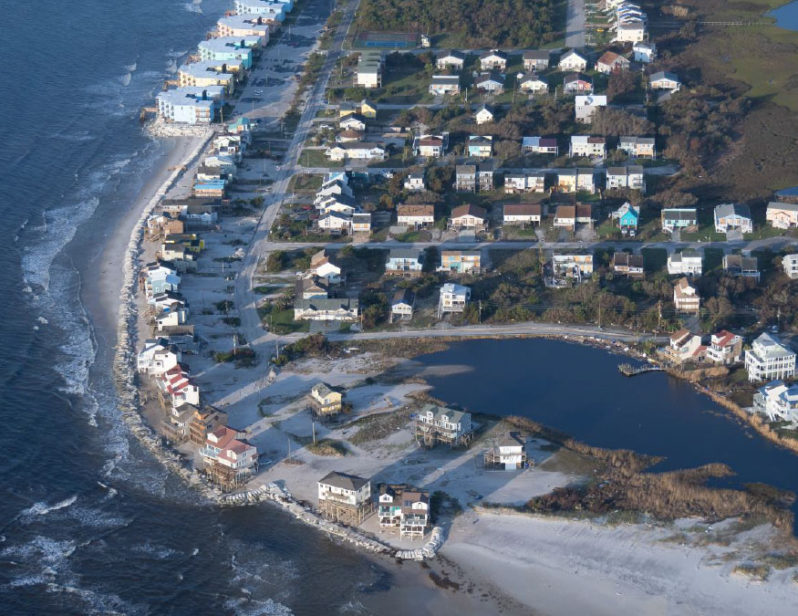
The idea — building an underwater barrier to slow down waves, and thus slow the flow of escaping sand — has coastal experts worried about disrupting the coastal flow of sand, nesting sea turtles and worsening water quality on the beach.
Greenland’s melting ice raised global sea level by 2.2mm in two months
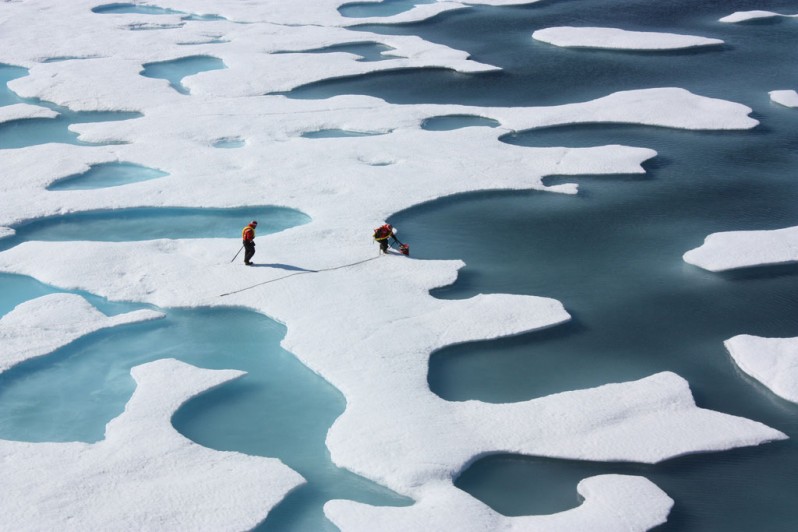
Analysis of satellite data reveals astounding loss of 600bn tons of ice last summer as Arctic experienced hottest year on record.
The Mediterranean nearly dried up. A cataclysmic flood revived it.
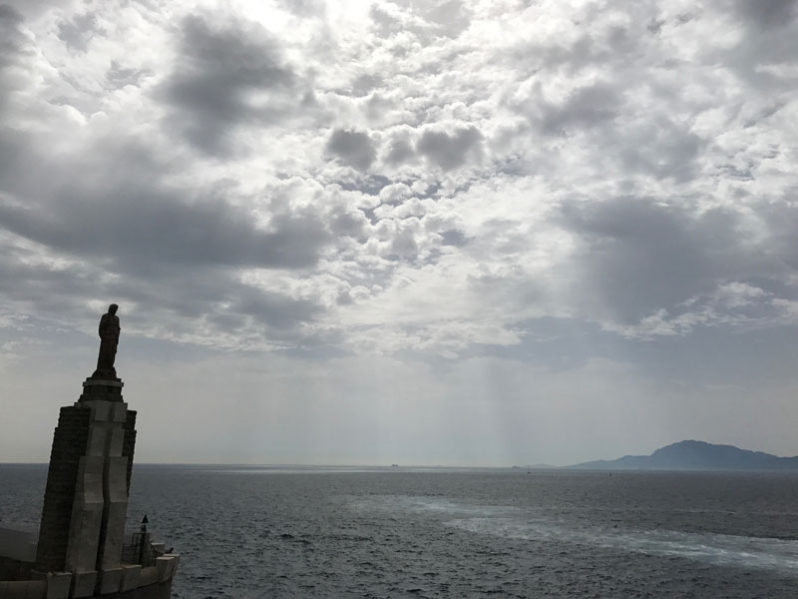
The serene turquoise waters of the Mediterranean Sea hide a sharp-tasting secret: a layer of salt up to two miles thick, lurking deep underneath the basin. Even after decades of study, the details surrounding the sea’s vanishing act and the torrents of water that refilled the basin remain an enduring mystery.
Europe Is Shrinking
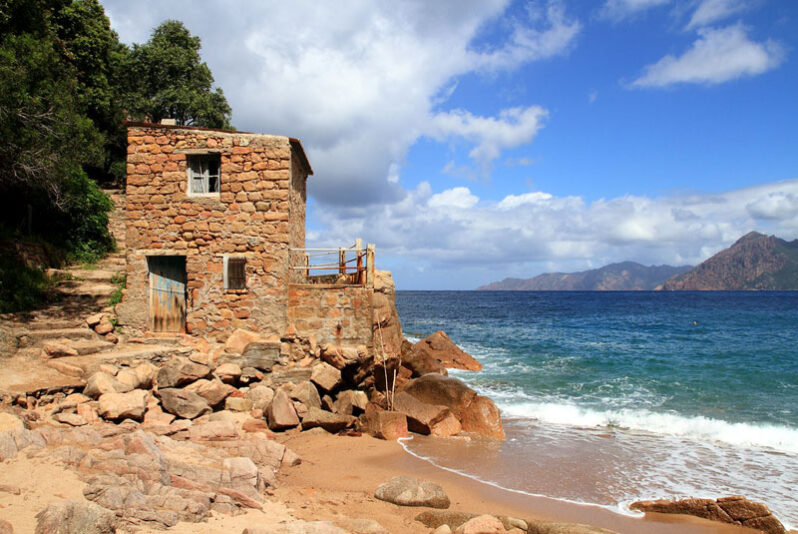
Across Europe, the sea is encroaching on nearly a fifth of the coastline. While coastal erosion is a global phenomenon, Europe is especially exposed, with the highest ratio of shoreline to total land area of any continent.
